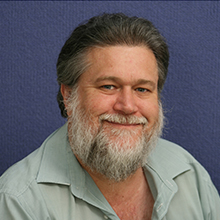Left off the Act
by lharriso
This work has been commented by 1 editor(s). Read the comments
Title
Left off the Act
Concept author(s)
Lesley Harrison
Concept author year(s) of birth
1948
Friendly Competition
Radical intimacies: dialogue in our times (2014)
Competition category
Critical writing
Competition field
nonacademic
Competition subfield
activist
Subfield description
I am a social activist fictional writer
Check out the Radical intimacies: dialogue in our times 2014 outlines of Memefest Friendly competition.
About work
Abstract
Social action writing is powerful when there is no dialogue. It bears witness and breaks silence and calls for action. It is often the only tactic available for those experiencing injustice and permits their voice to be heard. Being ‘heard’ by the reader is not only important but meaningful for the writer. The authority and power of the story comes from the mysteries of the creative process when the writer arranges dissimilar elements into something comprehensible and significant. The story is significant when it transforms the reader by raising consciousness of the injustice.
Keywords
Social action writing. Injustice. Raising consciousness. Narrative power.
Editors Comments

Eric Louw
This narrative reveals the frustration of someone trying to find the solution to having her voice ignored by the political process. It is a narrative about being heard and not being heard. Since direct appeals to the political machine failed the author considers social action writing instead. The resultant narrative not only takes us into the world of caravan park residents, it also takes us into the consciousness of the author as one of these residents. It is a journey that compels the reader to confront the questions being grappled with.
At the end of the day what really concerns the author is how to make oneself heard. As someone who has been a media activist it is a question that has long concerned me as well. From the perspective of a media activist I would say the following – if you want to change someone else’s mind, the place to start is what they think, not what you think. You need to get into their consciousness to change their consciousness. Once you know what they think, you have the starting point for taking them on a journey to what you think. A novel that works takes the reader on such a journey. So if you only focus on what you think and ignore the reader’s position/s you are less likely to get them to participate in your journey.
